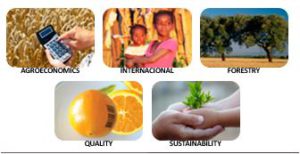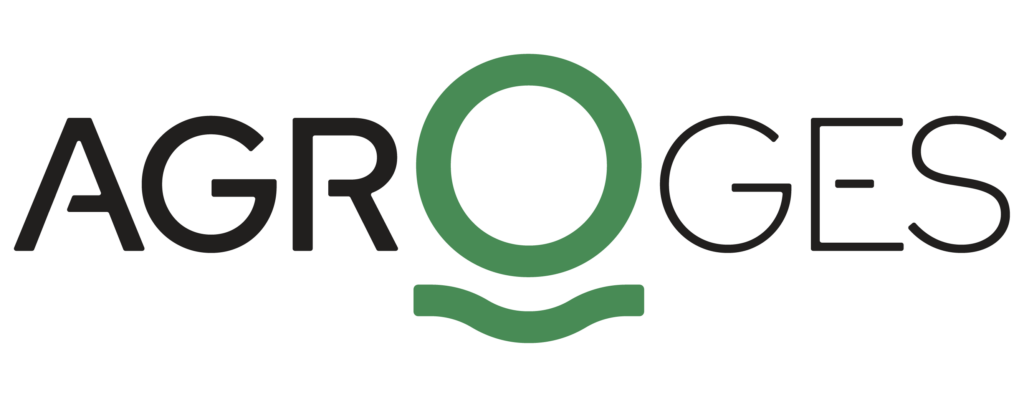Want create site? Find Free WordPress Themes and plugins.
General Overview of AGRO.GES
- Founded in 1989;
- Provides consultancy services for the support of rural development, agroforestry and food sectors;
- With an initial focus on Portugal, it quickly expanded its reach and is currently conducting projects in various European, African and South American countries;
- AGRO.GES portfolio has grown sustainably as a result of its proactive stance, whereby the company has anticipated the enormous evolution in the roles performed in the sectors where it operates.

Digital Transformation in Agriculture
- According to FAO, the world will need to produce 70% more food in 2050, than it did in 2006, in order to feed the growing population of the planet.
- At the same time the agricultural activity must overcome increasing water shortages, limited availability of land, and climate change, and address the urgent requirement to reduce the impact of the food system on the environment.
- According to experts such as Practice Path, the application and integration of digital technologies in agriculture, namely Precision Farming, enable farmers to ensure that the right mix of water, nutrients and crop protection materials are being distributed to a given area, thereby optimizing both the use of inputs, and the productivity.
- A recent study by the International Food Policy Research Institute shows that by 2050, data-driven agricultural techniques can increase global crop yields by as much as 67% and reduce food prices by nearly half.
- The Digital Transformation of agriculture compares with past technological changes such as mechanization, hybrid seeds, and biotechnology.
- Digital Agriculture builds on Precision Farming tools and systems that have been developed and adopted over the last two decades.
- It is clear that the Digital Transformation in agriculture will constitute an important step to meet the challenge of feeding the world in the future.
Presentation of the challenge
However, the solutions currently available in the market, which are related with Precision Farming, are only used by a small proportion of the farmers, mainly due to the following reasons:
- High Cost – According to the U.S. Department of Agriculture, over 60 percent of U.S. agricultural input dealers offer some kind of variable-rate technology services. However, less than 20 percent of acreage is managed using the technology due to the high investment costs and the costs of gathering precise field data.
- Low level of integration – Farmers are faced with a vast array of new products and services which do not have common standards, so there is a major systems engineering problem to be solved in order to aggregate data, improve analytics, and automate analysis.
- Farmer’s low education level and IT skills – The current state of Digital Agriculture technology is complex and confusing to the average farmer: farmers need solutions rather than tools.
- Lack of farmer’s motivation – to adopt the new technologies, requiring high investment costs, the farmer needs to understand the economic value generated by the application of the technology (yield increase/cost reduction). Therefore it is important to integrate the economic variables in the solutions proposed, incorporating financial and accounting data systems.
Our challenge to the startups is the development of a solution that is able to integrate all the existent precision farming tools and systems, with agronomic and economic data, in order to assist the farmers in making data-based operational decisions to optimize yield and maximize revenue, while minimizing expenses.
Did you find apk for android? You can find new Free Android Games and apps.
